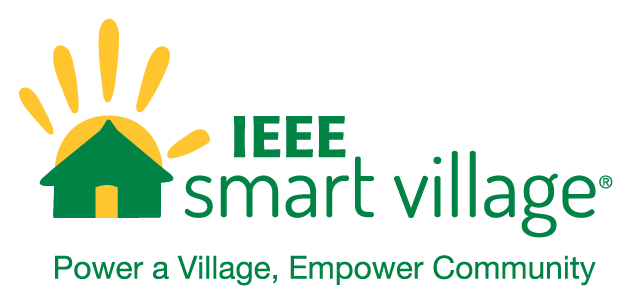Phase 1 Report – Community Entrepreneur Based Electricity Generation in Rural Haiti
SUMMARY
The Community Solutions Initiative (CSI) of the Institute for Electrical and Electronic Engineers (IEEE) and The Sirona Cares Foundation (SCF) developed the Sunblazer Solar Battery Charging Station and a sustainable business model to support the long term operation of these stations. In technical and business planning since late 2009, the project’s first construction funds were received in November 2010; by July 4, 2011 six 1.5 kW generators were deployed to local business owners in rural Haiti each with the maximum complement of customers signed up. This is designed as a commercial endeavor that can be supported with debt and equity investment rather than on-going charity. Startup funding is being raised through charitable contributions, but unlike typical charitable contributions, the funds are put to work generating sustainable income for the unit operators and revenue for maintenance and support on an ongoing, rather than one-off, basis.
In June and July 2011, the first six units were shipped into Haiti and deployed. Six small businesses were established in six different regions of Haiti that supply electricity to over 1,400 people. Two field
technicians were trained to maintain the units over the long term and monitor business operations on a monthly basis. These field technicians will be paid out of proceeds generated by the small businesses.
The objectives of the Phase 1 Pilot focused on successfully developing the technology being deployed, deploying that technology in the field and gauging interest in the business model and product being offered. At this stage, the objectives of the Phase 1 Pilot have been achieved.
The generating units were designed, constructed and tested in New York. After passing the performance tests in New York, the units were deployed. All six units were successfully transported to Haiti and cleared customs. An inventory check was performed on arrival of the units in Grand Goave. All of the equipment arrived at the final delivery point with the exception of two stabilizers for the rear of one trailer. Two other stabilizers were damaged in transport and the trailers suffered some minor cosmetic damage. However, the units were fully operational and all generating equipment arrived intact. All six units were delivered to their final locations, set up and tested to
confirm they were properly operating. No technical issues were encountered with the technology or the design with the exception of issues associated with the stabilizers and approximately six of 240 customer batteries that were defective.
In Haiti, more than a dozen operators have applied to receive generating units and operate 2 businesses and additional potential operators are contacting us on a regular basis. There is substantial interest from operators in the business model. Of the six units deployed, all 240 home battery kits have been assigned to customers, and operators in at least two locations have received sufficient customer applications to support an additional unit at both locations. There is substantial interest from customers in the product being offered.
The impact of the home battery kits on the ultimate customers is profound. The 4 Watt LED lights, rated at the equivalent of a 25 Watt bulb, illuminated an entire room very effectively. 240 homes that previously had no electric light now have it. Lives of very poor people in Haiti have been changed with the simple introduction of energy efficient, solar powered lighting.
This post on behalf of Ray Larsen, by Peter Dauenhauer

